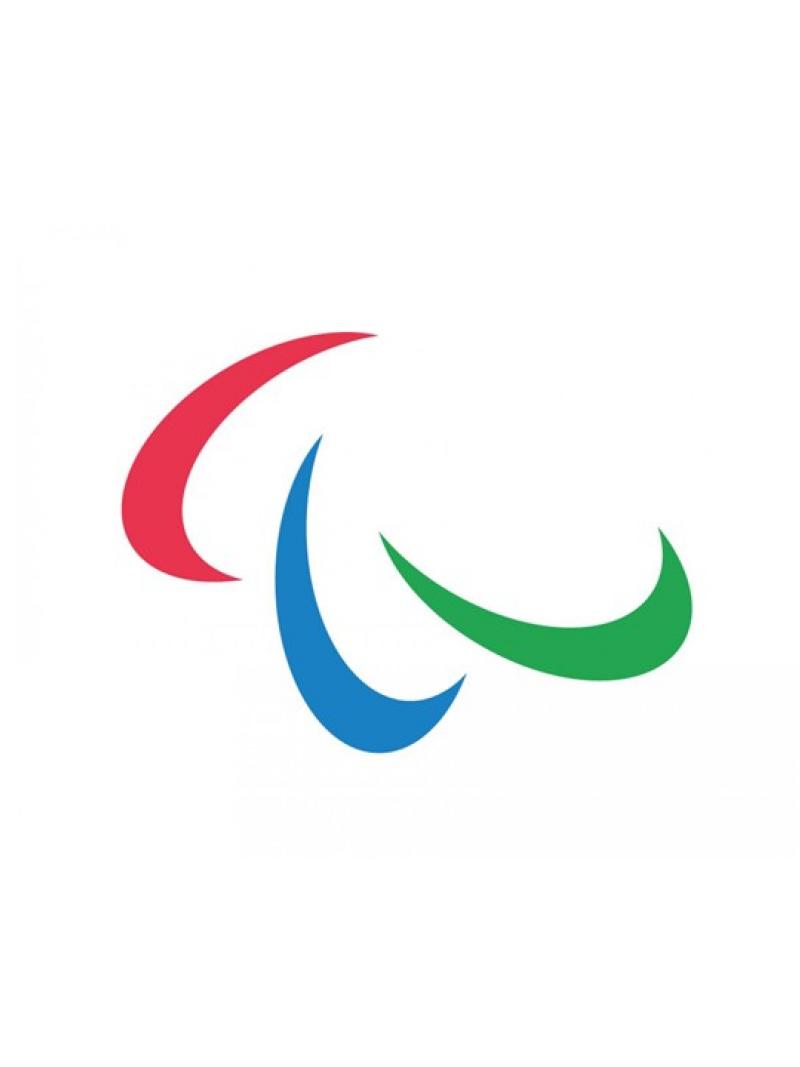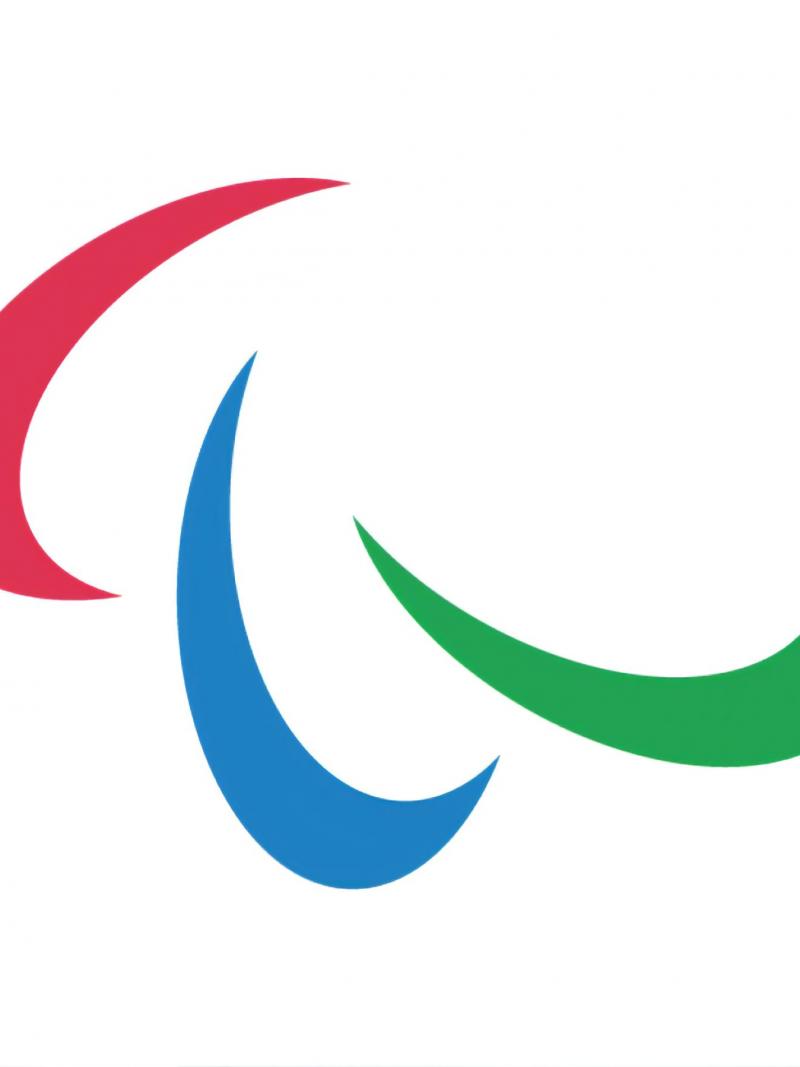Classification the Focus of IPC Governing Board Meeting
IPC to conduct strategic review of classification 29 Jan 2020
The International Paralympic Committee (IPC) Governing Board met in Bonn, Germany (23-25 January 2020) with the subject of classification a hot-topic on the three-day agenda.
Having committed in October 2019 at the 19th IPC General Assembly to make classification his top priority for his next two years, IPC President Andrew Parsons, together with fellow Board members, held discussions on the subject with several members of the IPC Classification Committee and IPC Management Team.
Parsons said: “The three-day meeting was highly productive with a strong focus on classification. The Board was impressed at the enthusiasm, commitment and support of the IPC Classification Committee and management team to tackle the challenges of classification head-on.
“Over three days we discussed many of the issues currently encountered in classification and the opportunities we have in the future to improve the system, to make it more athlete-centred, understandable and transparent for all involved. We all appreciate that this is not an overnight fix, but what is important is that the Board, the IPC Classification Committee and the management team are all aligned on the direction we need to go.”
STRATEGIC REVIEW OF CLASSIFICATION
Following an in-depth discussion on classification, the Board briefed Gen Duff, the IPC’s Acting Director of Classification, to lead a strategic review of classification. To further support this process, IPC Governing Board member and three-time Paralympian Tim Reddish CBE was appointed to act as a liaison between the IPC Classification Committee and the Board.
The IPC President, Chief Executive and General Counsel also met with members of the IPC’s classification team to discuss the future of classification, providing a forum to share issues, challenges and opportunities.
FACTOR SYSTEMS
Following feedback from the affected international federations, the Board has suspended with immediate effect a position statement originally approved in June 2018 which called for the phasing out of factor systems in major Para sport events and the Paralympic Games.
After a detailed review of the feedback received from impacted international federations (who do not currently support the phasing out of factor systems), the Board was of the view that insufficient consultation had taken place and further discussion was needed.
The subject of factors will now be considered further as part of a review of the IPC Athlete Classification Code that will begin in early 2021.
Factoring is a system used to determine results in several Para sports where athletes with different sport classes compete against other in an event. Used in the sports of alpine skiing, Nordic skiing, road cycling and triathlon, the system typically uses statistical modelling to adjust race times and allow for the merging of results into one standard outcome.
AFRICAN UNION
Following the cancellation of this month’s All African Para Games in Morocco, the IPC President met with African Paralympic Committee President and IPC Board Member Leonel da Rocha Pinto and Machacha Shepande and Robert Auguste from the African Union to discuss future editions of the event.
Parsons said: “Developing the African Para Games is essential for the long-term growth of the Paralympic Movement. Therefore, it is very disappointing that this January’s event did not take place due to unforeseen changes in the Moroccan Sports Ministry.
“To try and ensure such issues are not encountered again, I discussed with the African Union representatives the importance of hosting an African Games. It is vital that African Para athletes get the opportunity to compete at a high level within their own continent and I am certain that an African Para Games would have a significant social impact as well.”
HUMAN RIGHTS
As part of the IPC’s efforts to focus more on how its work impacts and contributes to the human rights agenda, Board member Juan Pablo Salazar held a workshop for Board members on human rights and the UN Convention of the Rights of Persons with Disabilities (CRPD).







